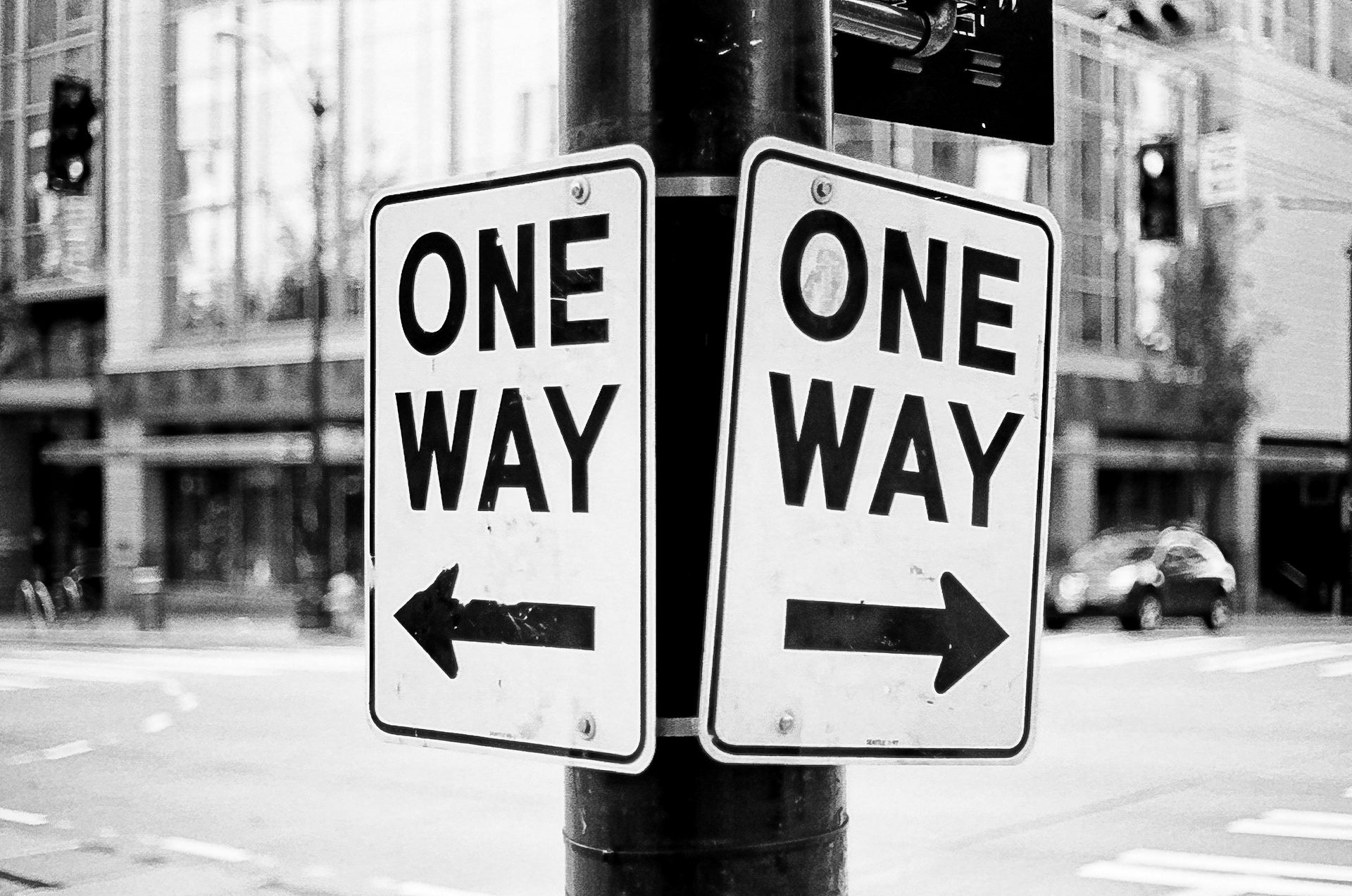What Schools Don’t Teach About Money (But Really Should)
The Money Guide We All Needed at 18—But Had to Learn the Hard Way

Simple Budgeting and Saving Tips for Young Adults, Moms, and Anyone Figuring It Out
You graduate, get your diploma, and suddenly—boom—you’re expected to budget, build credit, pay bills, and somehow still have a social life.
Whether you’re a mom stretching every dollar or a young professional just trying to stay afloat, you’re not alone.
Most of us were launched into adulthood with a debit card, a student loan, and a whole lot of guesswork.
Let’s start fresh with a better approach:
1. Know Where Your Money’s Going
Budgeting 101: If you’ve ever looked at your account and thought, “Where did it all go?”—you’re not alone. You’re also not broken. You just need a plan.
Try the 50/30/20 rule:
- 50% to needs (bills, food, rent)
- 30% to fun (because life is too short to skip the iced coffee every time)
- 20% to savings or debt
It doesn’t have to be perfect. It just has to be clear.
2. "I’ll Save Later" Is a Trap
You don’t need to start with hundreds. Even $25 a week adds up over time.
The goal isn’t to build an emergency fund overnight—it’s to prove to yourself that you can save.
Quick saving hacks:
- Set up auto-transfers
- Use round-up apps that save your spare change
- Make saving so easy you forget it’s happening
3. Credit Cards Aren’t Free Money (But They’re Not Evil, Either)
No one told us how credit actually works until we messed it up, right?
Here’s the credit card crash course:
- Only spend what you already have
- Keep your balances low, shoot for 20% of your available credit
- Always, always pay more than your minimum payment
- Pay off your credit card every month
Why it matters: your credit score affects your ability to rent, get a car, buy a home—or even get hired. Start building it the right way, now.
4. Stop Whispering About Money
We all grew up thinking money talk was rude. But silence keeps people stuck.
Start the conversation:
- Ask your friends how they budget
- Watch money TikTok's and listen to podcasts
- Talk to your family about what they wish they knew sooner
Financial literacy grows faster when we learn out loud.
5. Even If You Don’t Know What You’re Doing, Just Start
No one expects you to have it all figured out. The most powerful move you can make? Start somewhere.
Start here:
- Cancel a subscription you forgot about
- Check your credit score
- Put $20 into a savings account, or better yet, an IRA
Small moves create momentum. And momentum creates change.
You’re Not Behind—You’re Just Getting Started
Money can feel messy—but you don’t have to figure it out alone.
If you’re ready for support that’s judgment-free, jargon-free, and all about you, book a free consultation and get one step closer to financial freedom.
Because understanding your money is the first step to owning your future.











